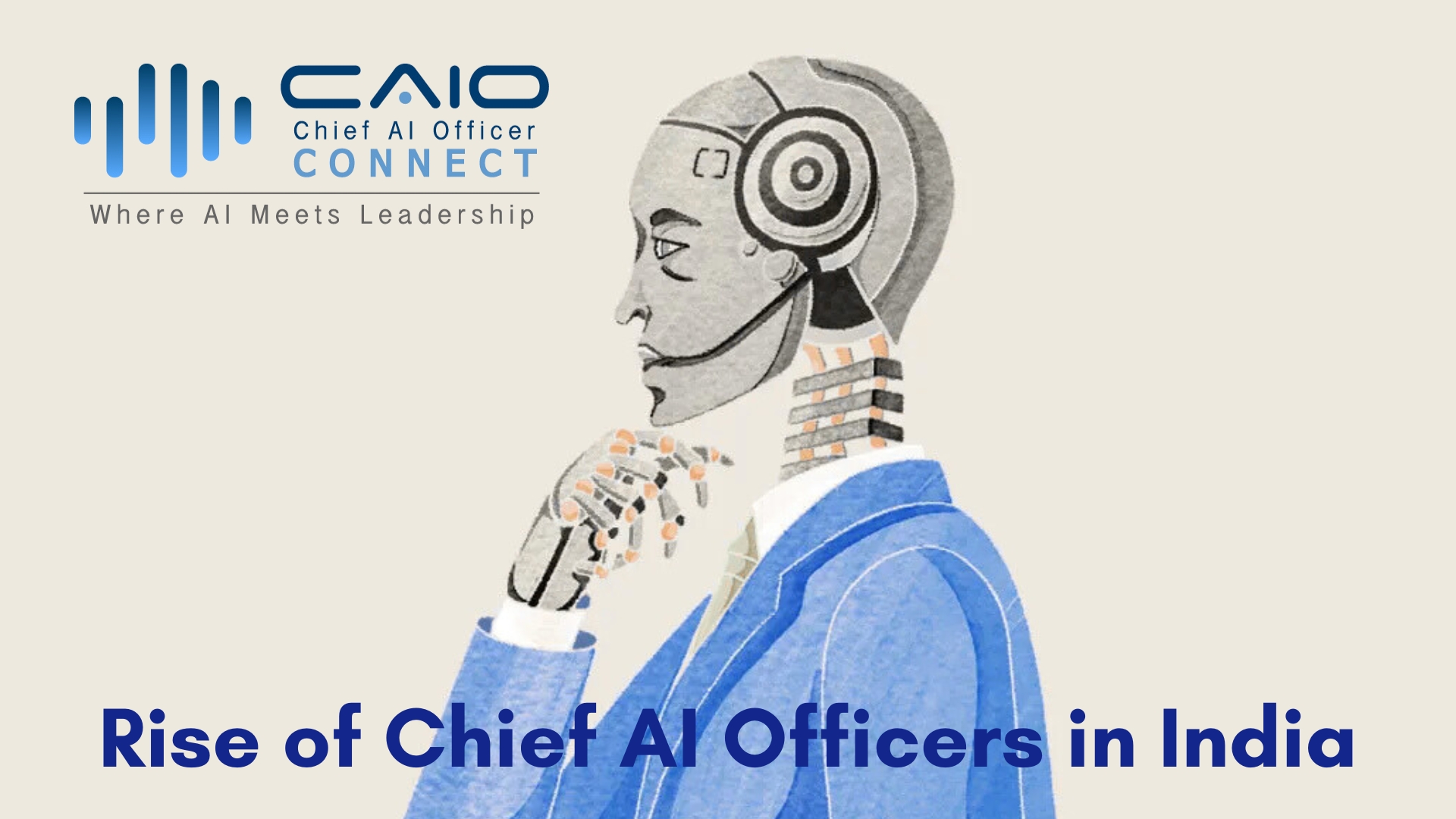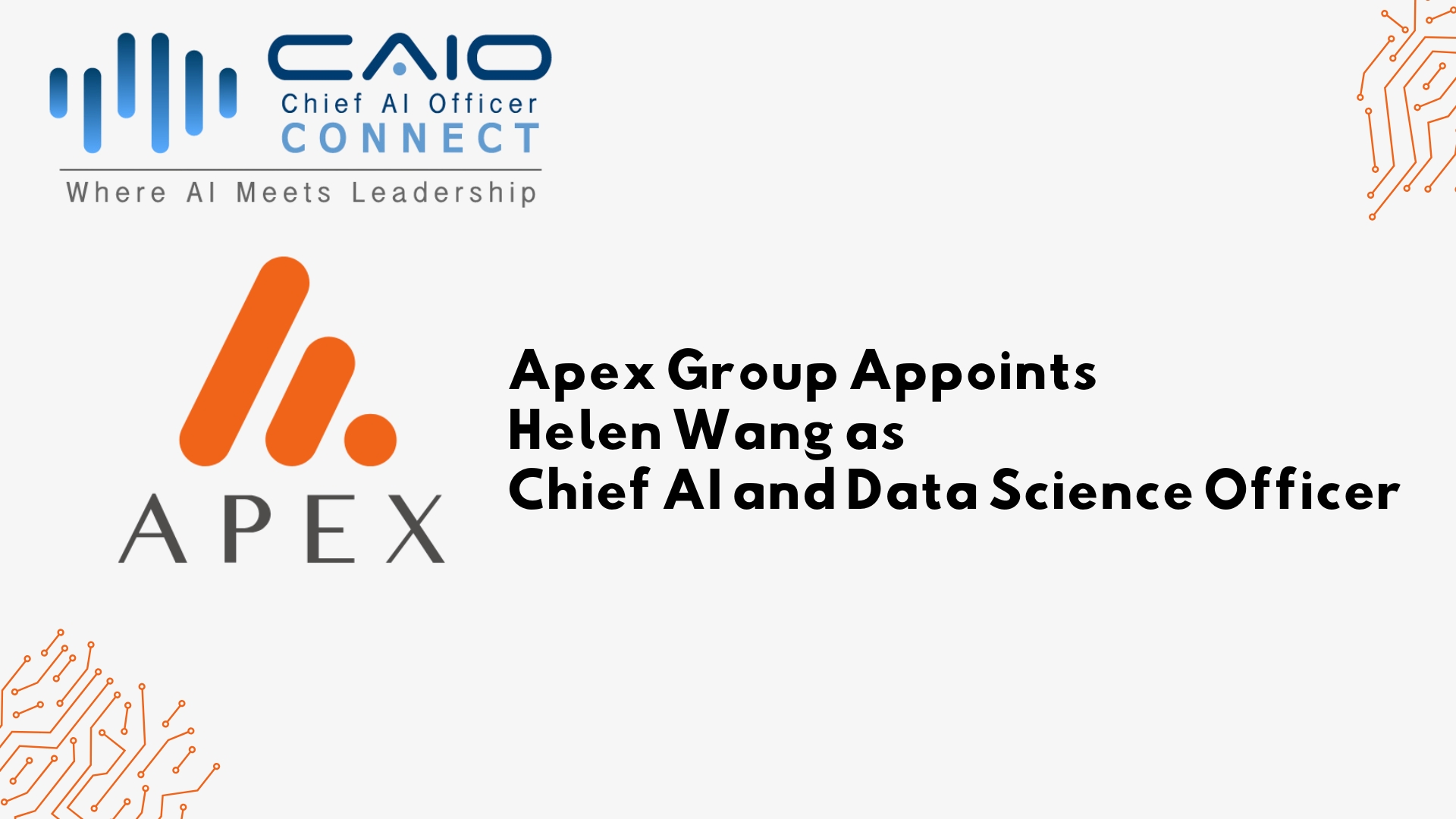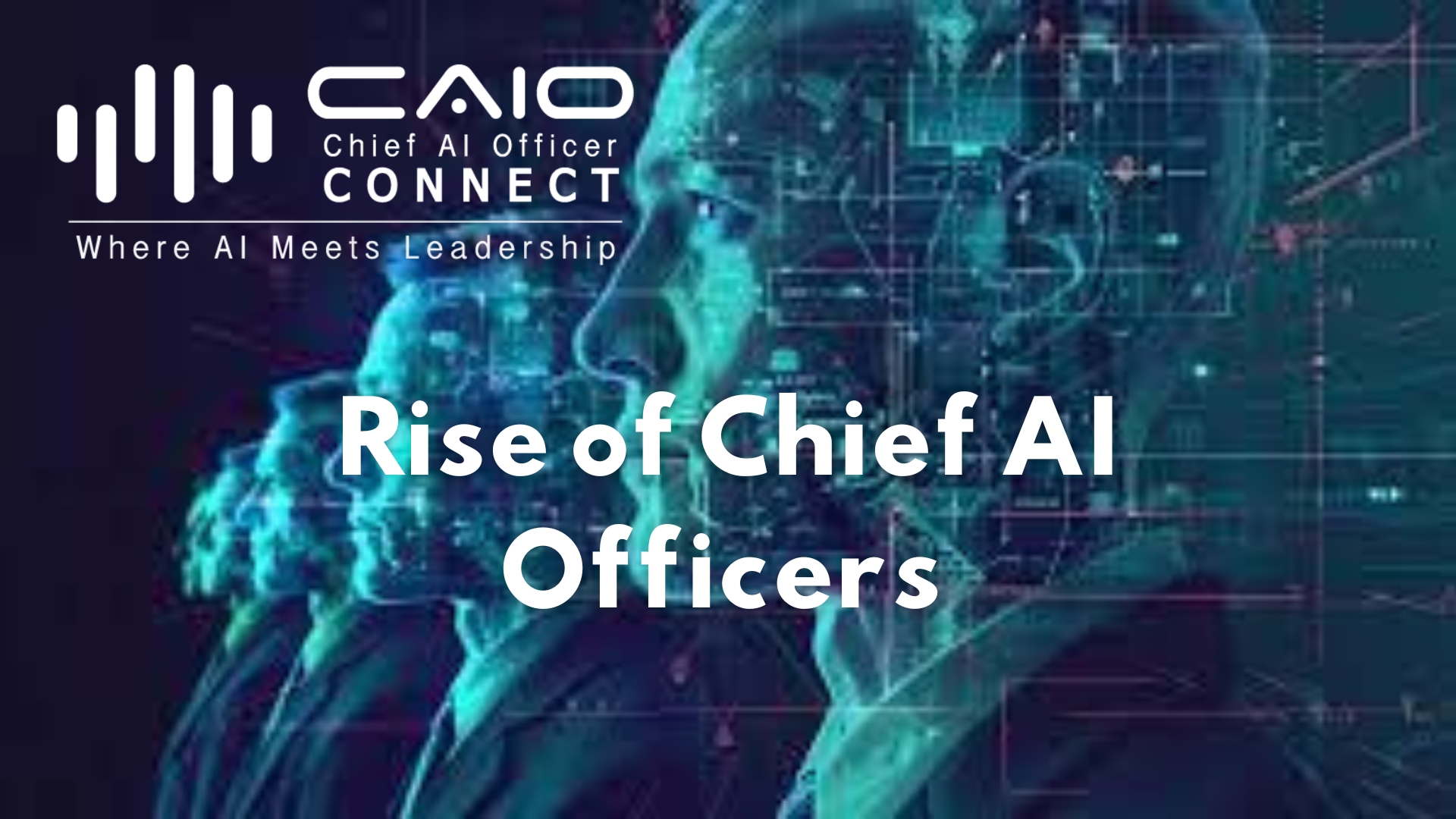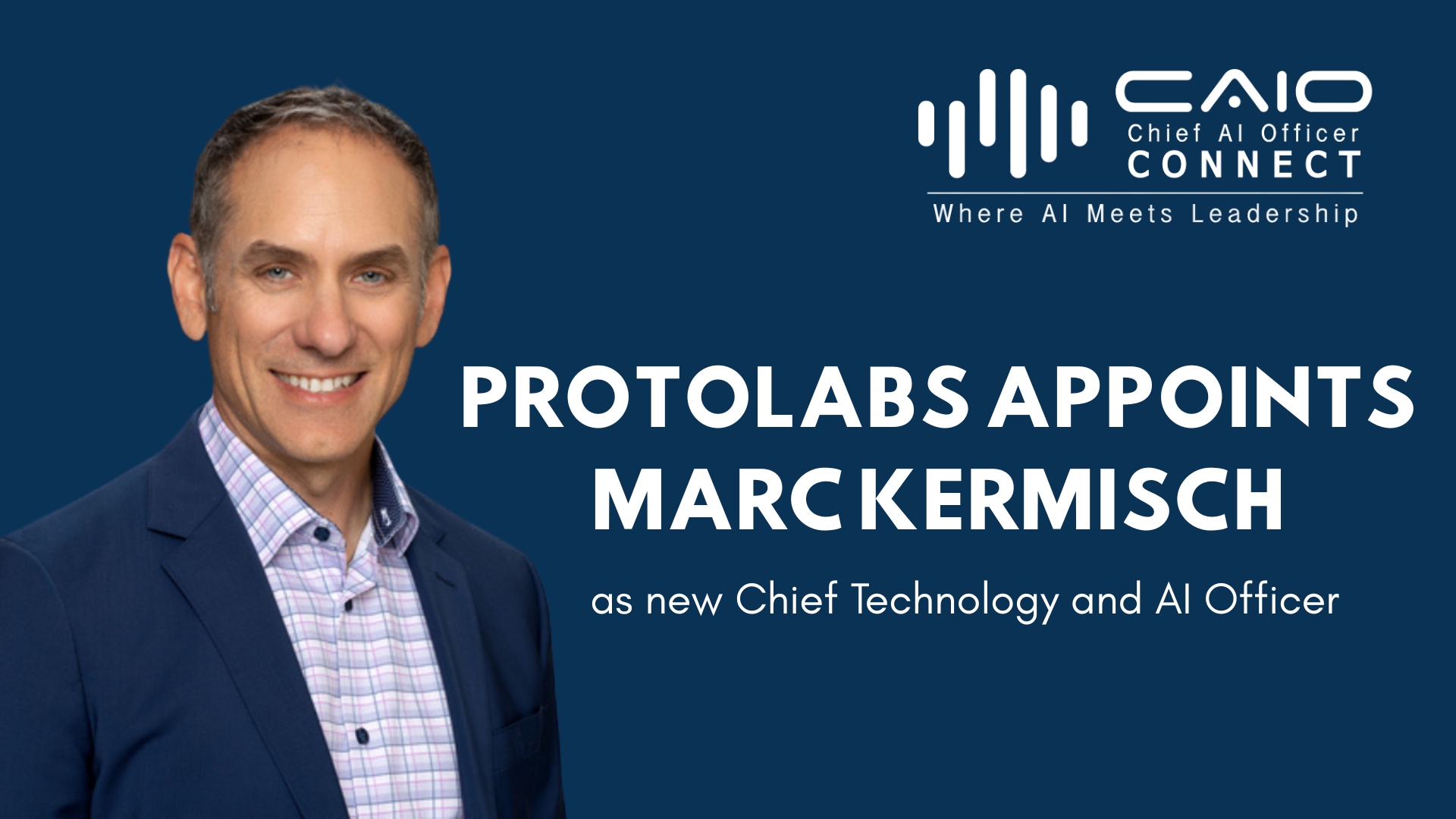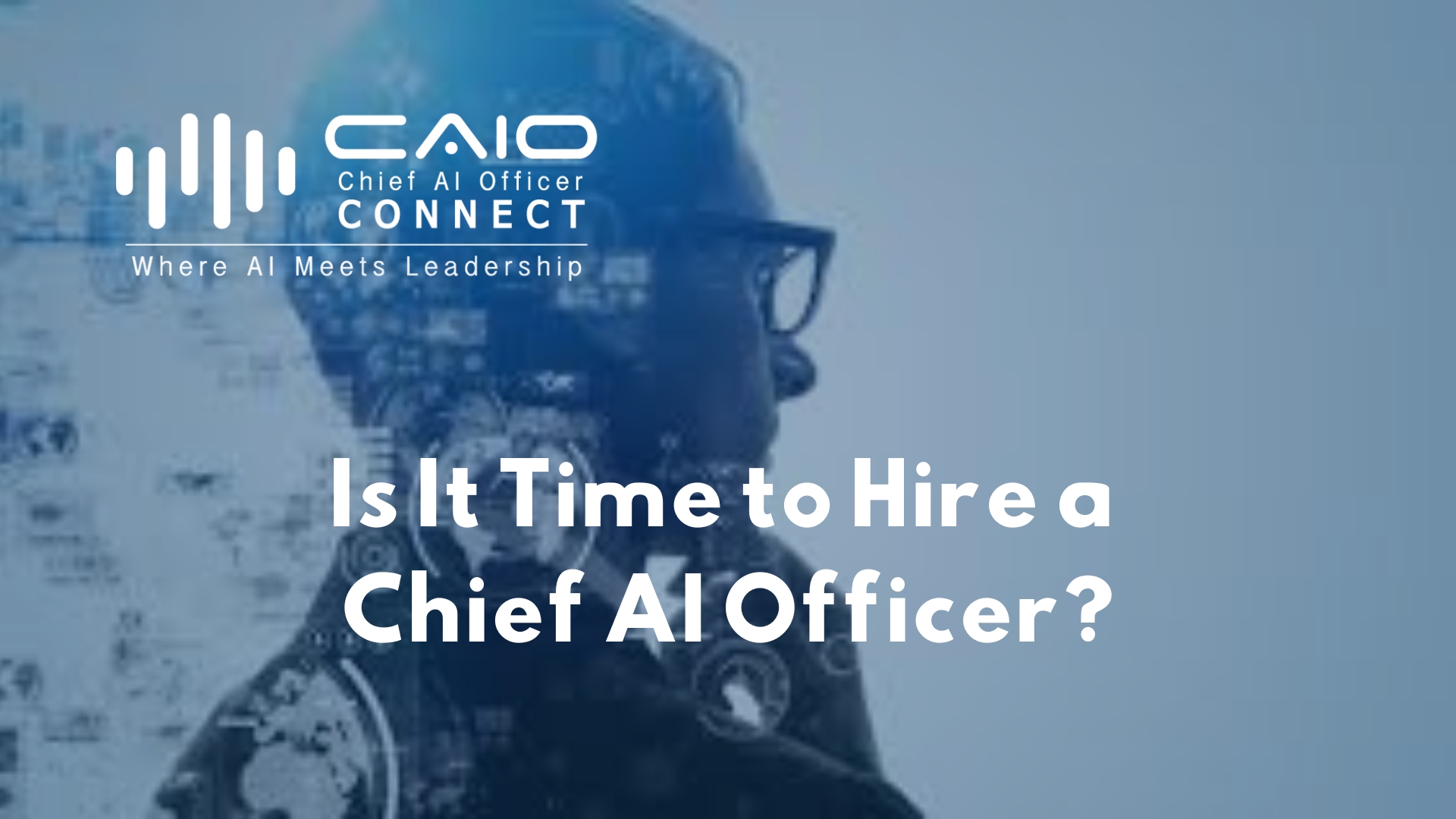OpenAI’s Strategic Shift: Balancing Innovation with Ethical Oversight
OpenAI has recently undergone a significant organizational restructuring to better align its pursuit of innovation with its core mission of benefiting humanity. As part of this shift, the company has transitioned its for-profit subsidiary into a Public Benefit Corporation (PBC), allowing the nonprofit parent organization to retain control. This strategic move ensures that OpenAI continues to balance its growth ambitions with ethical responsibilities.
Addressing Stakeholder Concerns
The decision to maintain nonprofit oversight came in response to concerns from stakeholders, including AI ethicists and some of OpenAI’s own founders. There were apprehensions that a purely for-profit approach might compromise the company’s original mission. By retaining nonprofit control, OpenAI is reaffirming its commitment to developing AI responsibly while also attracting necessary investments to sustain growth.
Aligning Structure with Mission
Transitioning to a PBC allows OpenAI to combine commercial viability with a steadfast commitment to public benefit. This structure enables the company to pursue profitable opportunities without deviating from its ethical framework. By maintaining transparency and accountability, OpenAI aims to foster public trust while advancing cutting-edge AI developments.
Looking Ahead
As OpenAI continues to push the boundaries of AI innovation, this restructuring positions the company to responsibly navigate the challenges posed by rapid technological progress. Balancing commercial success with ethical considerations, OpenAI sets a precedent for how organizations can evolve while staying true to their foundational values. This approach serves as a model for the tech industry, proving that innovation and public good can coexist.



